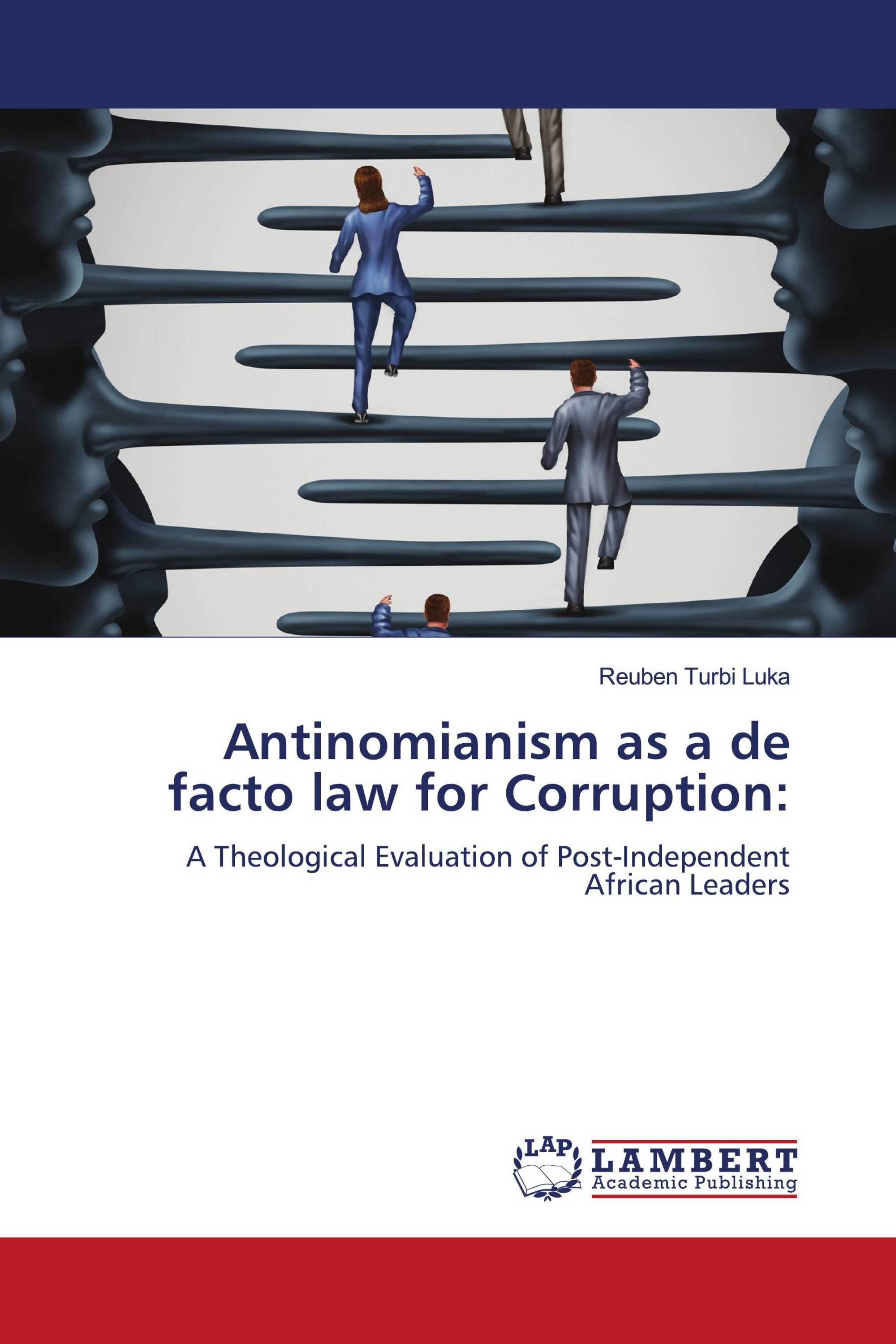Antinomianism as a de facto law for Corruption:
A Theological Evaluation of Post-Independent African Leaders
€ 84,90
Morality in traditional African society was communalistic, supported by cosmic and primal beliefs. Thus, what constituted acceptable conduct in the society was gauged by the existing norms established by the community to guide behaviours. In Christian tradition however, morality, law and ethics are derived from the impeccable character of God. This study explores the value system that operates in most African social niches against the backdrop of God’s moral law and African communal moral and ethical values. It argues that in the realm of governance, politicians and top Government officials uphold no binding moral, religious, and social laws as one’s conduct is censored and weighed not by the constitutional provisions cum community ethical values but by an incipient self-existing mentality that seems to place them above the moral laws of God and stemming from love to Him and others and the law of the land. In a qualitative and historical approach, the study examines the enigmatic nature of corruption in Africa in its varied ramifications and concludes with a review of three antinomian principles: processism, existentialism and emotivism.
Book Details: |
|
|
ISBN-13: |
978-620-7-81100-7 |
|
ISBN-10: |
6207811003 |
|
EAN: |
9786207811007 |
|
Book language: |
English |
|
By (author) : |
Reuben Turbi Luka |
|
Number of pages: |
256 |
|
Published on: |
2024-07-22 |
|
Category: |
General Humanities |
